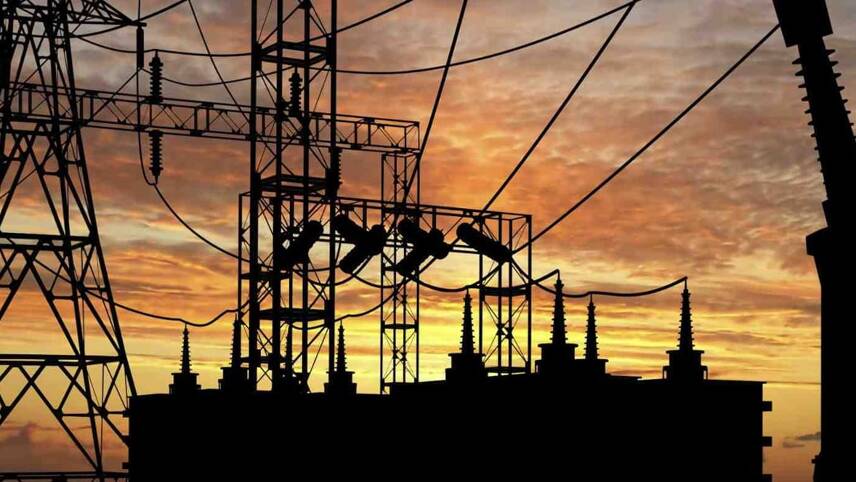Member only content free until 26/05/2024
To continue reading this article and enjoying free access to all Utility Week’s content up to the 26/05/2024 Register today!
Ready to become a member?

Ofgem has agreed to fast-track its decision making process in relation to four code modifications needed to rollout proposed reforms to the connections queue.
It comes after the Electricity System Operator (ESO) warned that the queue could exceed 1,000GW if its recently outlined reforms are not treated with urgency.
Last month, the ESO issued an update on its proposals for reforming the connections process for the transmission network to prioritise viable projects that are ready to connect.
The changes are being made in response to the massive surge in connection applications over the last several years, with more than 700GW of projects currently in the queue.
Under the ESO’s previously announced “first ready, first connected” process, projects would only be able to apply for a connection during annual windows and would undergo initial assessments in these batches. Projects that passed this first ‘gate’ would receive an indicative connection date that could move forward or backwards.
However, they would not be allocated a place in the connections queue until they passed the second gate, which would require them to secure land rights and a date for submitting their planning application.
The ESO said projects would be grouped together for gate two assessments at regular intervals throughout the year but would be assigned a queue position based on the date by which they demonstrated having met the associated criteria.
In contrast to its previous position, the ESO said this process – dubbed ‘TMO4+’ – would also apply to projects in the existing queue, which would be given a period of time prior to its implementation to demonstrate whether they have met the gate two criteria.
Those that met the criteria would have the option to retain their existing connection date or request an accelerated connection based on the reformed queue. Those that did not would move to an indicative connection date.
As the ESO is aiming to implement the new process at the beginning of next year it has written to Ofgem calling for four code modification proposals to be given “urgency treatment”.
The ESO argues that “without urgent intervention and reform to achieve TMO4+ by early 2025, a 1000GW+ queue could be an eventual outcome”. It adds: “Whereas if the interventions set out in the TMO4+ modifications are achieved, they could more than halve the size of the queue.”
Ofgem’s decision letter adds: “If these code modifications do not proceed on an urgent basis, and the queue continues to grow at its present rate, then the ability of the networks to accommodate timely new connections for ready projects – and therefore GB’s progress to net zero – could be at risk.”
It continues: “We agree with ESO’s justification for urgency. We deem that these proposals are linked to an imminent or current issue: the connections process and first-come, first-served arrangements are no longer fit for purpose, which has led to a queue across transmission and distribution of over 700GW.
“If this issue is not urgently addressed, this may cause a significant commercial impact on parties, consumers or other stakeholder(s).”
Ofgem’s urgent timeline for the four code modifications states that decisions on each modification will be taken in early November, with a proposed implementation date (if approved) of 1 January 2025.
Following the unveiling of the new reforms, partners at the law firm TLT told Utility Week that the retrospective changes raise the risk of legal challenges from developers who lose their current place.




Please login or Register to leave a comment.